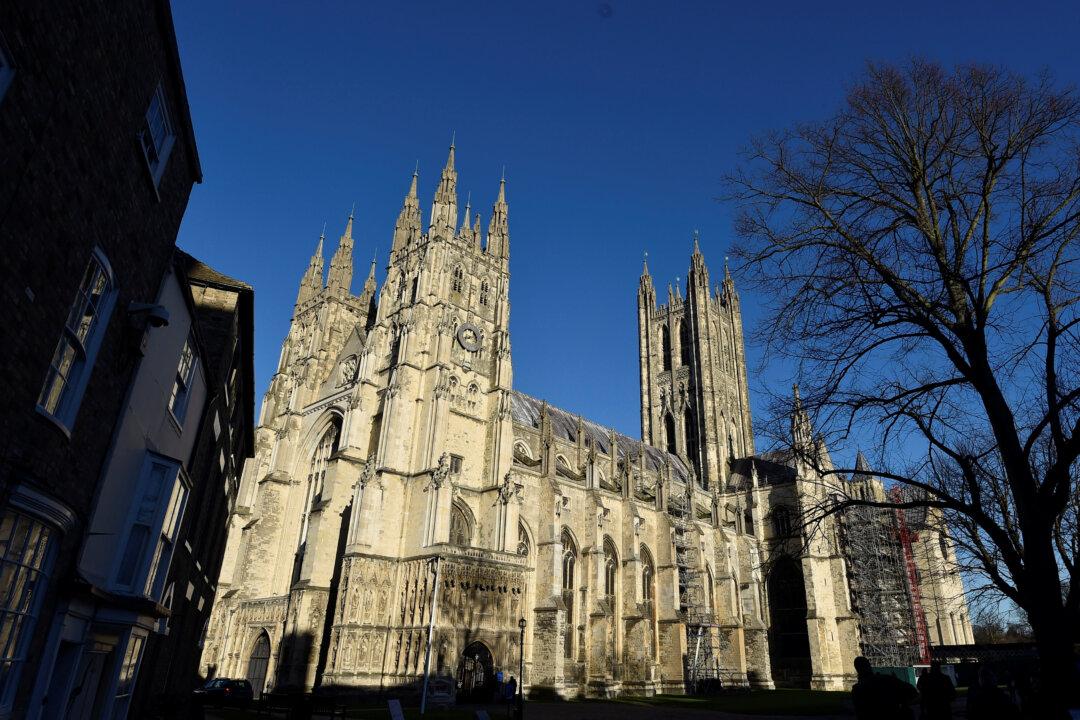LONDON—The Church of England failed to protect children from sexual predators within its ranks for decades, allowing abusers to hide, in an attempt to defend its own reputation rather than following its duty to protect young people, an inquiry said on Tuesday.
The Church apologized for the abuse and said it would learn lessons from the inquiry.





